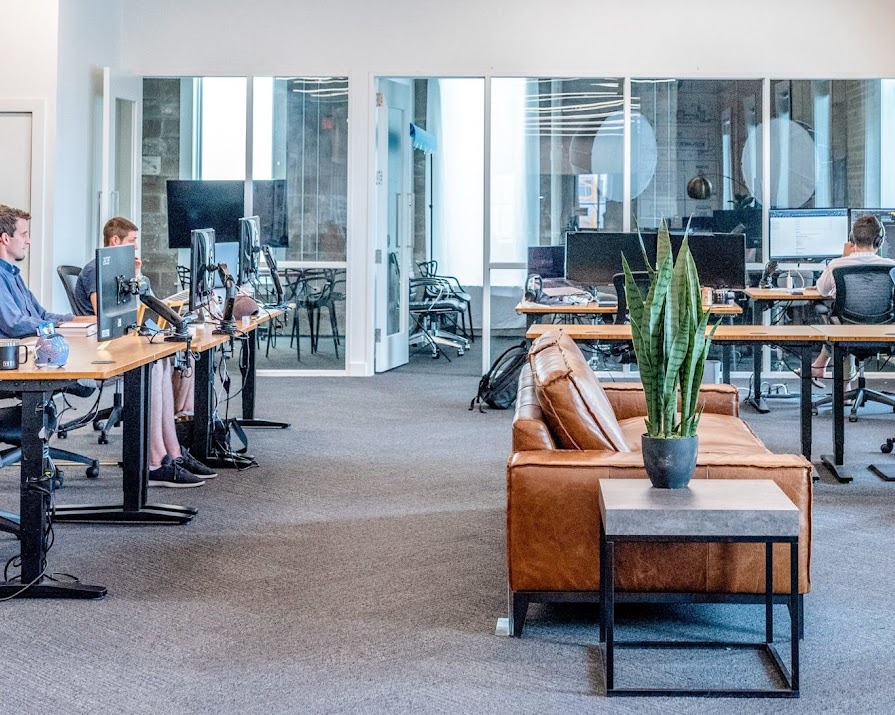
Survey finds 62% of Irish employers are planning a staggered return to work
By Edaein OConnell
14th Jul 2020
14th Jul 2020
A new survey has found the majority of Irish employers are planning a staggered return to work based on employees’ health risks
With workplaces taking the first tentative steps towards the office in the next couple of weeks, what will the new workplace look like?
Well, it seems two-thirds of Irish employers are planning a staggered return to work initiative.
These findings come from a recent survey conducted by leading recruiter Robert Walters, with the global findings published in a whitepaper called Returning to the New World of Work.
The survey found 62% of Irish employers are planning to stagger return to work based on employees’ personal health risks related to COVID-19, whilst 49% will be staggering employees return depending on how critical their role is to the business.
Following these two strategies, the creation of smaller workgroups (46%) is next, followed by a voluntary return scheme (41%), changing work hours (35%), and splitting shifts (35%).
A third (32%) of Irish businesses have stated that they will base their return-to-work strategy on local infection rates, while 29% of companies have admitted to not yet considering what their return to work strategy may be.
Suzanne Feeney, Director at Robert Walters Ireland said of the findings: “What the research highlights is that despite the success of home working, employers are keen to start encouraging their staff back into the workplace and are happy to take necessary steps and put procedures in place to help enable this.
“A return to office brings about many perks, including social inclusion, better workplace collaboration, separation of home life, and a reinforcement of company values.
“What employers need to do is merge the perks of office-life with what people have been enjoying about working from home; for example flexi-hours, a relaxed atmosphere, and avoidance of busy commute times.”
Legacy
In terms of what the legacy of working from home will be, 93% of Irish employees would like more opportunities to work from home post-return, with 11% stating that they would like to work from home permanently.
Whilst 79% of firms have stated that the experience of COVID-19 will encourage business heads to have employees to work from home more often, they also cite concerns over employee productivity (64%), senior leadership preferring traditional ways of working (57%), and the nature of the business for example face-to-face sales (36%), as the key barriers to achieving this.
If working from home is to work, the survey found adaption is necessary. Three-quarters of employers admit that their senior team have not been equipped to manage teams remotely, and will need new training to be able to adapt to new ways of working including being more empathetic to work-life balance, 69% are planning on focussing on outcomes rather than work hours, 61% want to improve virtual communication, 44% want a better understanding of mental health and wellbeing, and 33% plan on creating a more collaborative environment.
Read more: This is a seminal time for working women. But we must move fast to keep choice in the workplace
Read more: Is your WFH setup suitable? A public consultation on remote working is being launched today
Read more: How to talk to your boss about working from home after lockdown























